Surgical news
Exploring topics relevant to both surgeons and people without medical training, Surgical news is accessible to everyone.
Many patients seek reliable information on the best treatments for surgical diseases, whilst others have a general interest in reading quality articles about surgeons and surgical practice.
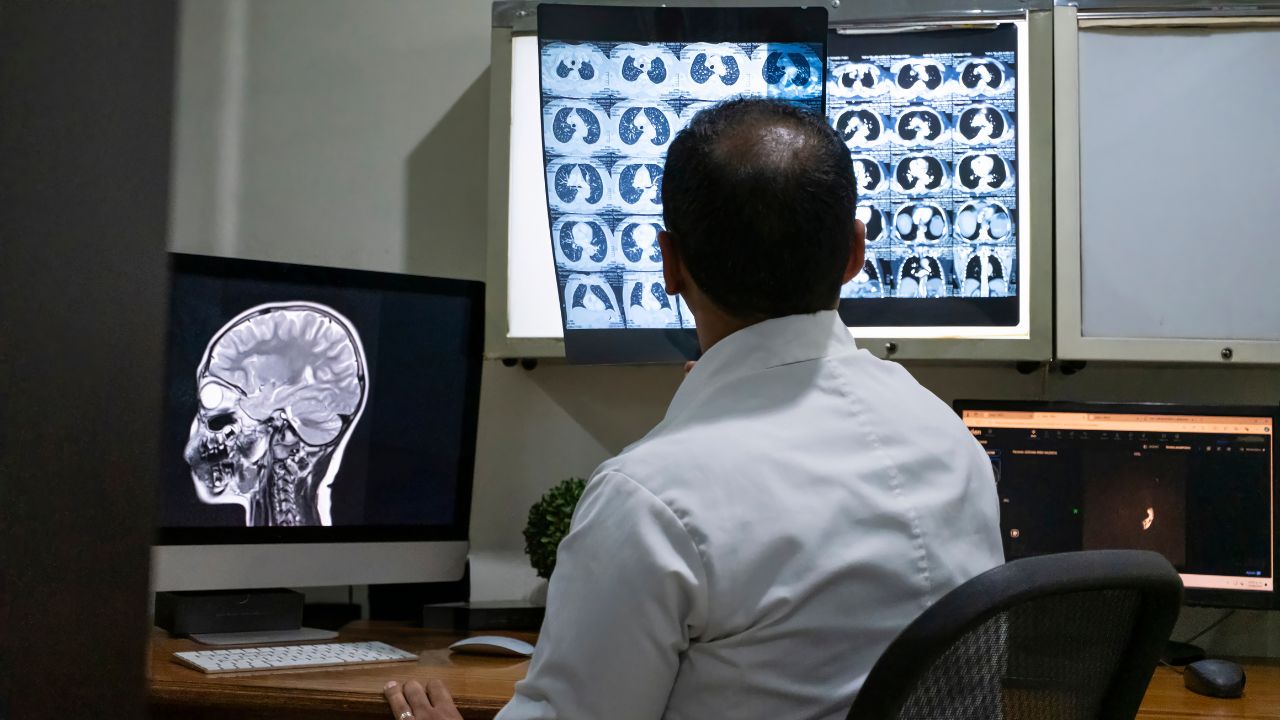
All roads lead to outsourcing
Dr Paul McCoubrie

Are we risk aware or risk averse?
Dr Helgi Johannsson
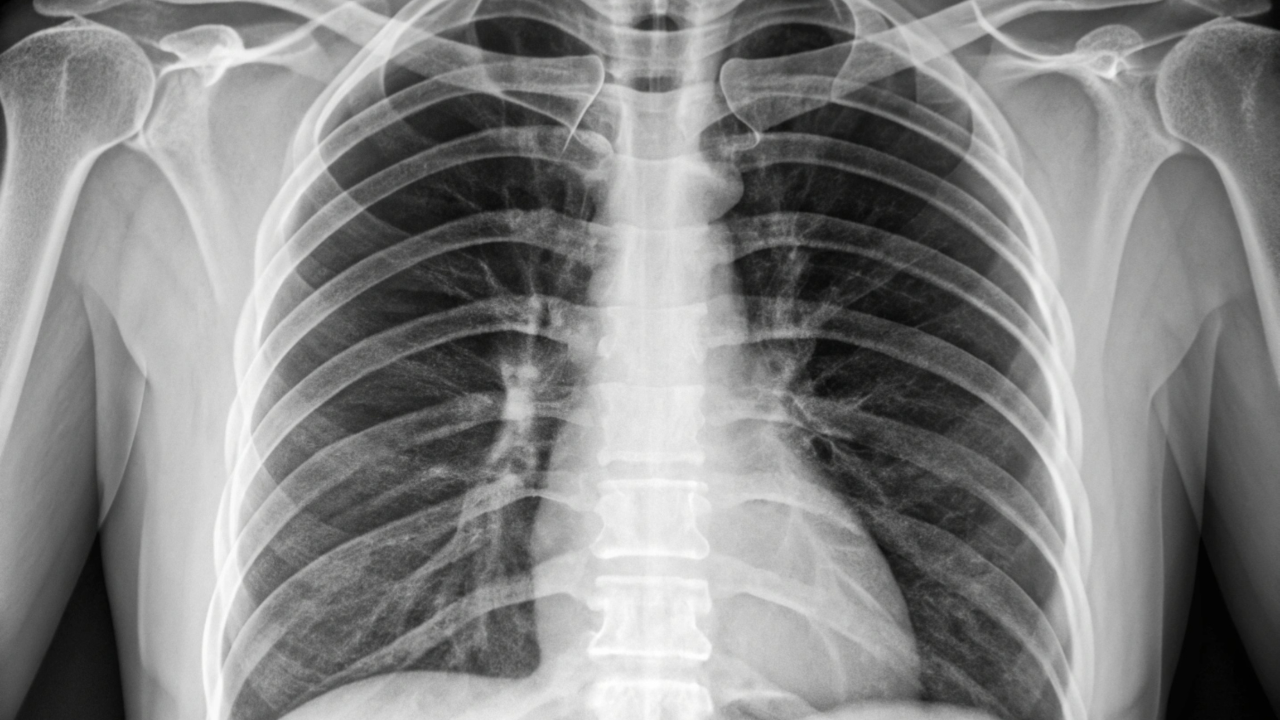
Low incidence problems
Dr Paul McCoubrie
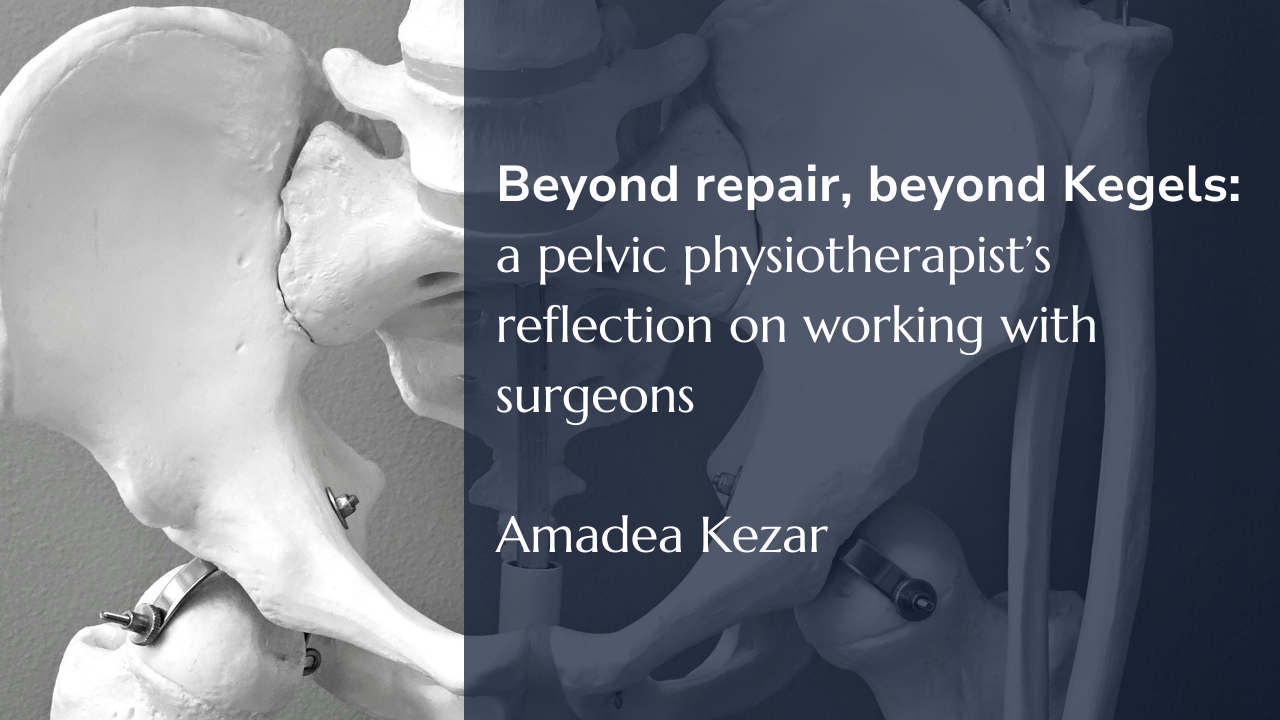
Beyond repair, beyond Kegels: a pelvic physiotherapist’s reflection on working with surgeons
Amadea Kezar
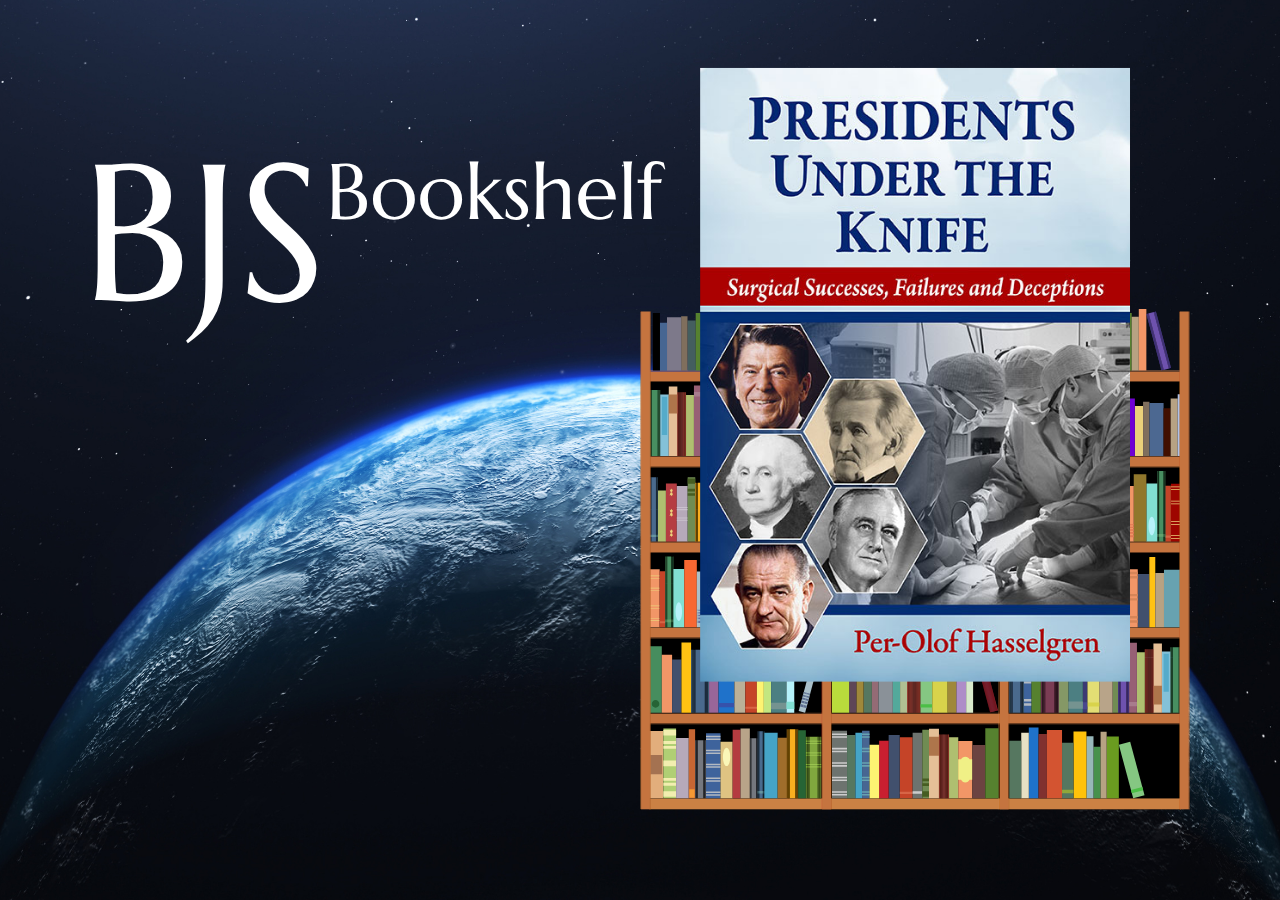
BJS Bookshelf: Presidents Under the Knife by Per-Olof Hasselgren

The case for more surgical x-ray meetings
Dr Paul McCoubrie
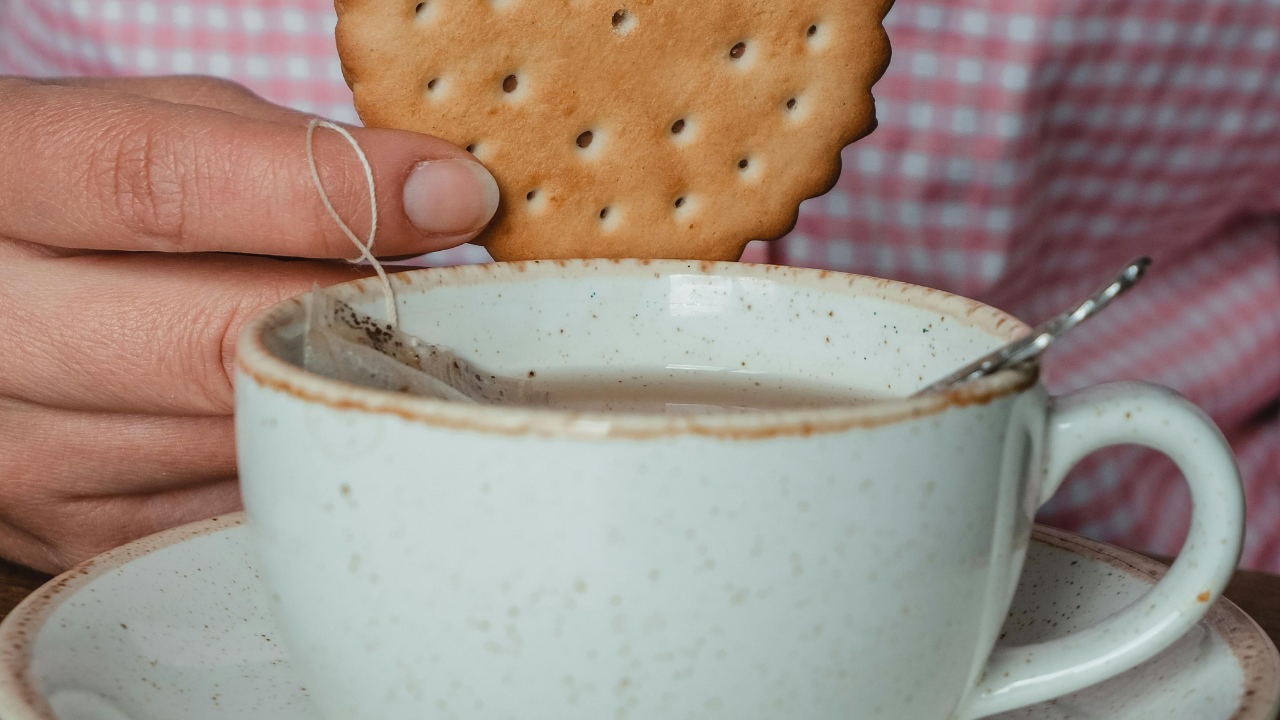
Who said nil-by-mouth?
Dr Helgi Johannsson
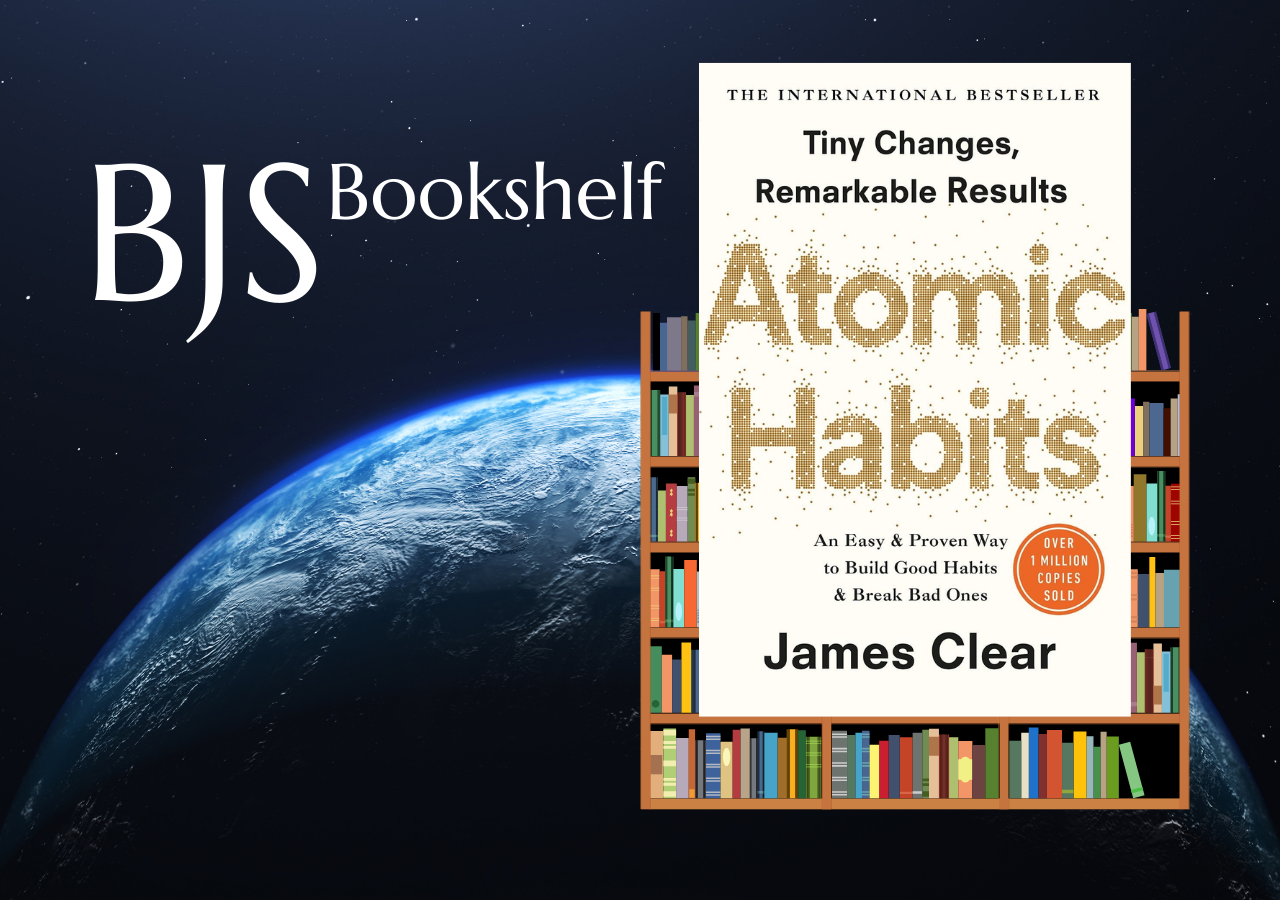
BJS Bookshelf: Atomic Habits by James Clear
Dr Wissam Benhami
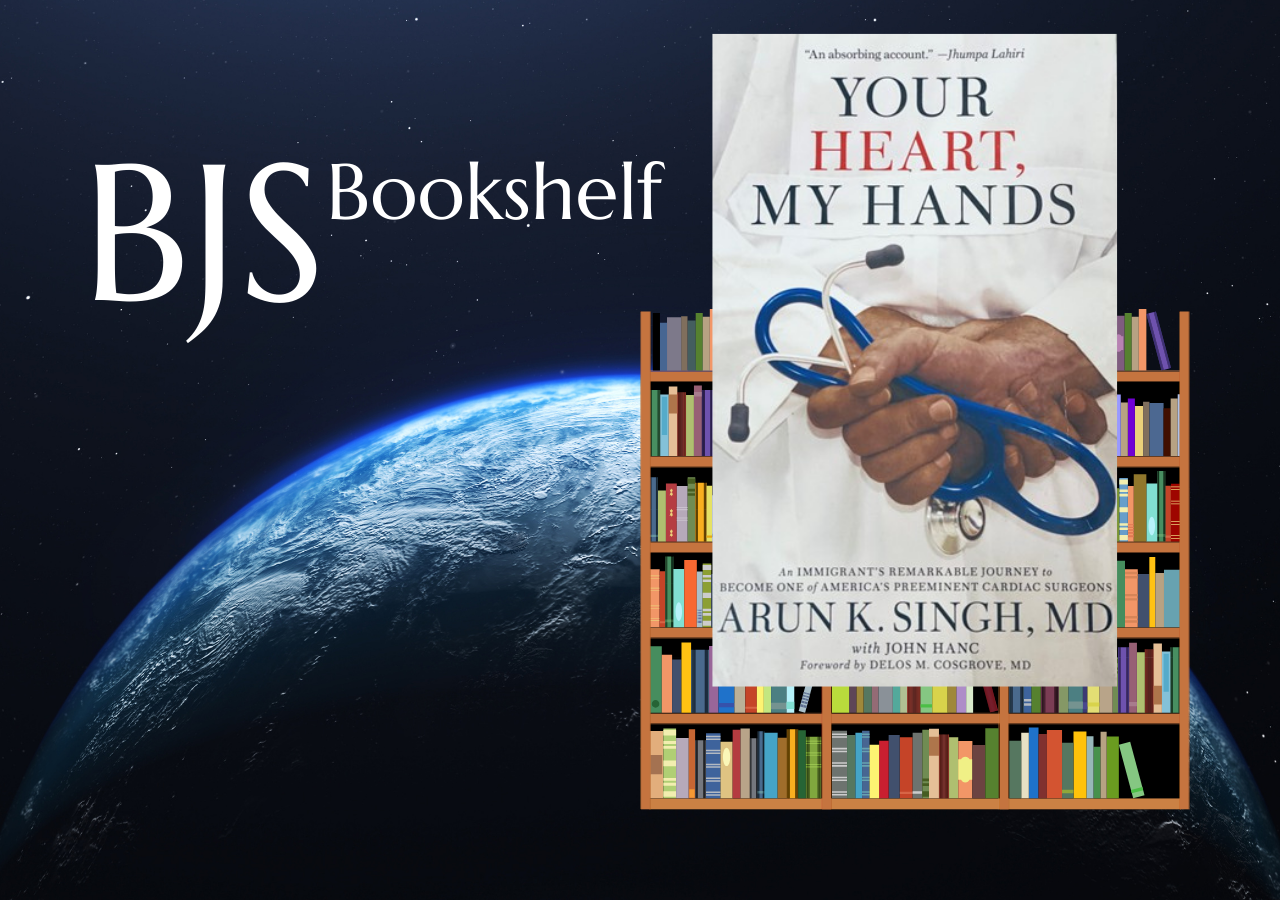
BJS Bookshelf: Your Heart, My Hands by Atul K. Singh, MD
Saarim Bari

Decision paralysis
Dr Paul McCoubrie

I’m exhausted
Dr Paul McCoubrie
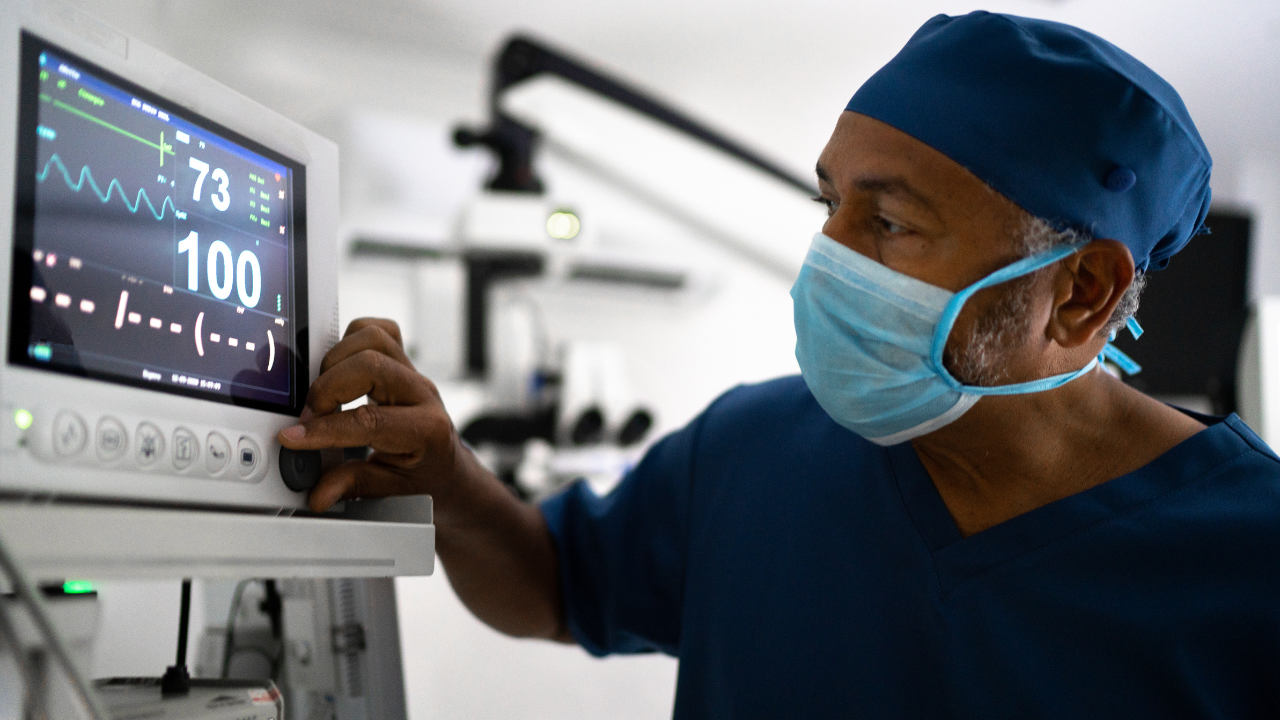
The other side of the barrier
Dr Helgi Johannsson

A view from the coffee room...Academic craving for praise: vanity or simple human nature?
Dhananjaya Sharma, MBBS, MS, PhD, DSc, FRCS, FCLS (Hon), FRCST (Hon)
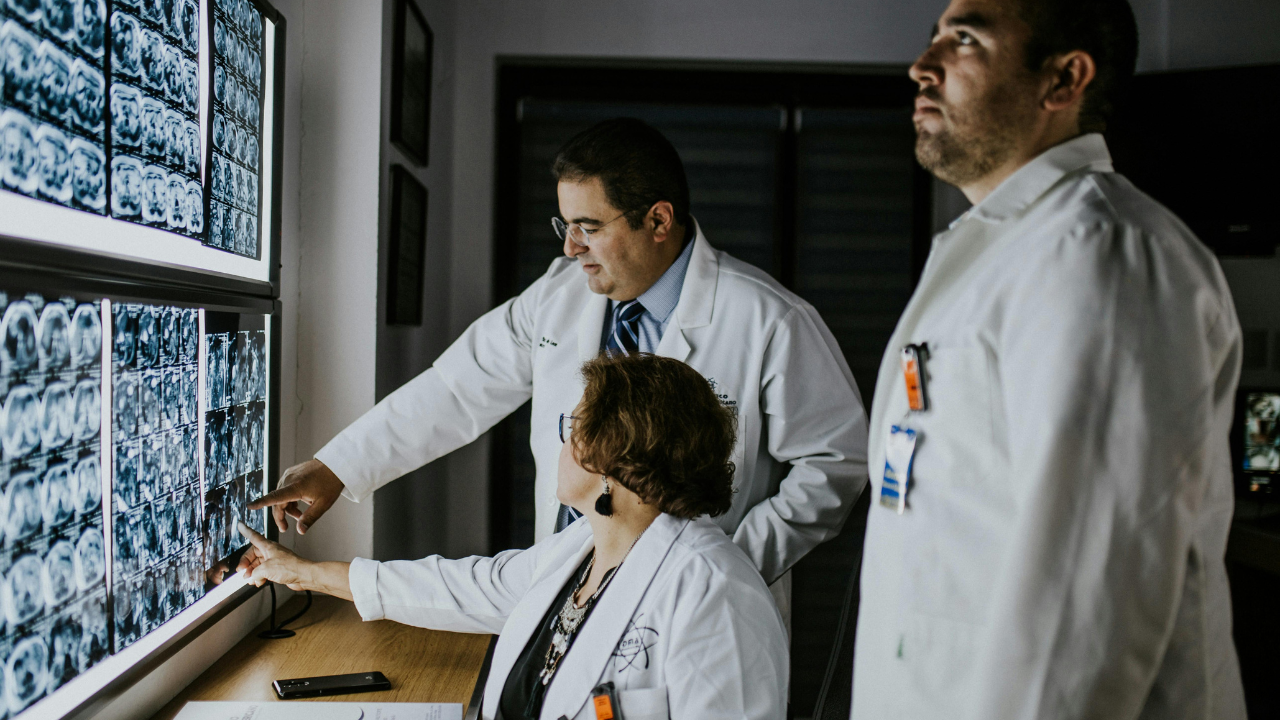
Clinical examination is dead
Dr Paul McCoubrie

A surgical life by James Shapiro
A.M. James Shapiro, MD PhD

A view from the coffee room...How to retire gracefully: 10 commandments for surgeons
Dhananjaya Sharma, MBBS, MS, PhD, DSc, FRCS, FCLS (Hon), FRCST (Hon)

A view from the coffee room…on the friendship between residents
Virve Koljonen MD, PhD

A view from the coffee room…When you are feeling down and you are an introvert, and someone asks you for your mini autobiography (and other benefits)
Virve Koljonen MD, PhD

View from the coffee room…LARPing ChatGPT
Virve Koljonen MD, PhD
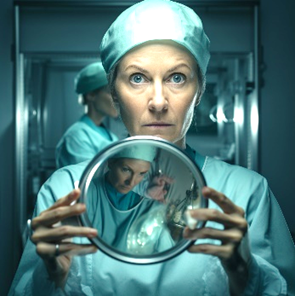
A view from the coffee room… on communication in the OR
Virve Koljonen MD, PhD
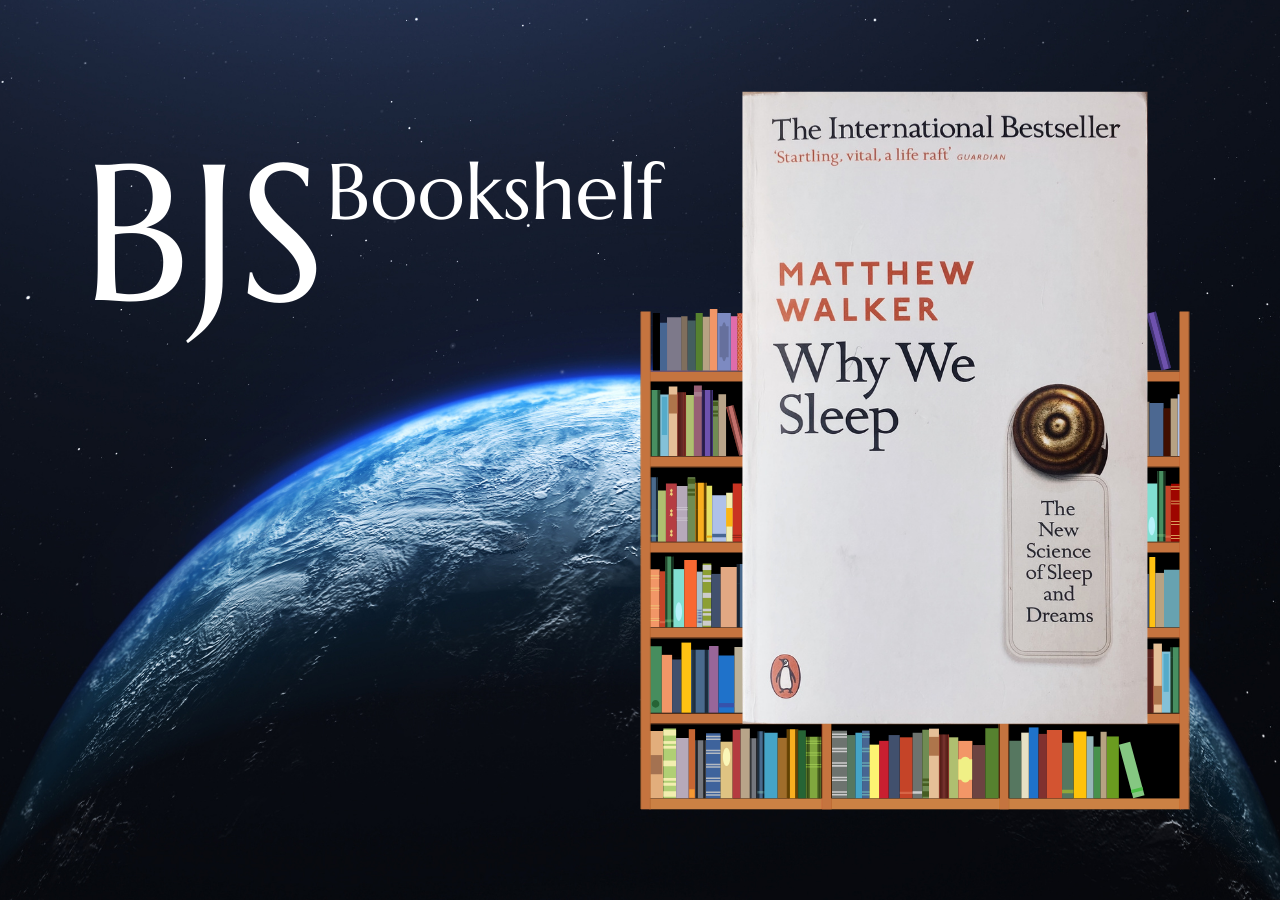
BJS Bookshelf: Why We Sleep by Matthew Walker
Begum Pekbay
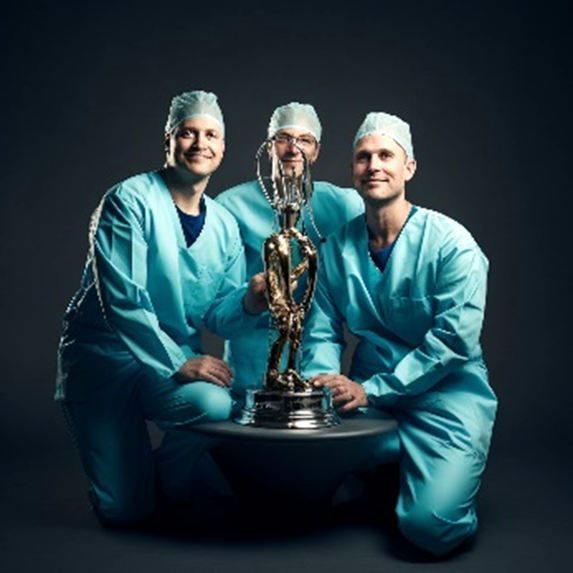
A view from the coffee room…What every surgeon should know about spontaneous interjection exclamations
Virve Koljonen, MD, PhD
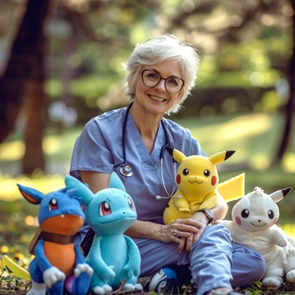
A view from the coffee room… Pokémon vs. Predator
Virve Koljonen, MD, PhD
Department of plastic surgery
Helsinki University and Helsinki University Hospital
Helsinki, Finland
@plastiikkaope
I am a big fan of Pokémon Go. I play it regularly and by that, I mean, every day. The inventiveness of the appearance of Pokémon characters and their witty back stories appeal to me. It is nice to look at a new character and try to find out its real-world counterpart. Further, the structure of the game is to collect as many as possible Pokémon or walking a certain amount of kilometers doing projects within the specified time, perfectly aligning with my competitive personality. Some time ago I was browsing through the medical literature. I am always trying to keep up with new literature, although nowadays it is very difficult. It has been estimated that medical knowledge doubles in just 73 days 1. I do really miss those golden old days when you just did a brisk walk to the library to find what you were looking for. I cannot overestimate my joy when I found out that my favorite leisure time hobby, Pokémon go was employed to expose predator publishers2! Pokémons have helped to reveal that predatory publications have no peer review, nor editing, and what is most choking, not even a reality check2. I am not going the reference these publications, since I feel that the journal gets undeserved glory for including them in the reference list. However, I will walk you through some of these genius publications. For the purposes of this article, I also made AI images in the Pokémon go -style.
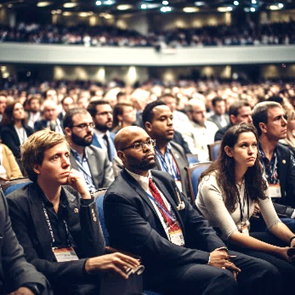
A view from the coffee room… congress abstracts – good science or bad science?
Virve Koljonen, MD, PhD
Department of plastic surgery
Helsinki University and Helsinki University Hospital
Helsinki, Finland
@plastiikkaope
I vividly remember when attending congresses was in real life only. Today that seems like another reality. I do remember the awkward moments, when I had like one microsecond to decide how to greet my congress acquaintances. Should I greet them with familiarity, or formally, or just casually wave my hand when walking by. As a person coming from a northern country, apart from choosing the right way to greet acquaintances, another custom of the continental Europe is causing me quite a lot of anxiety: air kisses. Which cheek comes first and how many are appropriate, because I don’t want to seem like a stalker, and what if I accidentally belch simultaneously. So many things to consider and be afraid of. Traditionally the success of congresses have been measured by the number of participants and by the number of abstracts 1. This obviously translates to money made by the organizing entity. Before the advent of internet, medical congresses were truly occasions where top scientific innovations were presented, new techniques were introduced, and with a chance to learn from experts 2. Nowadays knowledge is available for anyone at anytime and anywhere. Of course, I will not dismiss the value of face-to-face interactions, that has led to great innovations and is personally meaningful to those participating in such actions. What about the keynote speakers – superstars of their specialty. The more famous the keynote speaker, the more attractive congress is likely to be. In social media, there are events that are called meet-and-greet events. By definition, these events are arranged so that a famous person i.e. influencer can meet and talk to the people. Or is it vice versa actually. Meet-and-greet events are not quite the normal fan event, but almost. Well, to me it sounds a lot like inviting keynote speakers.



.png)





.jpg)




